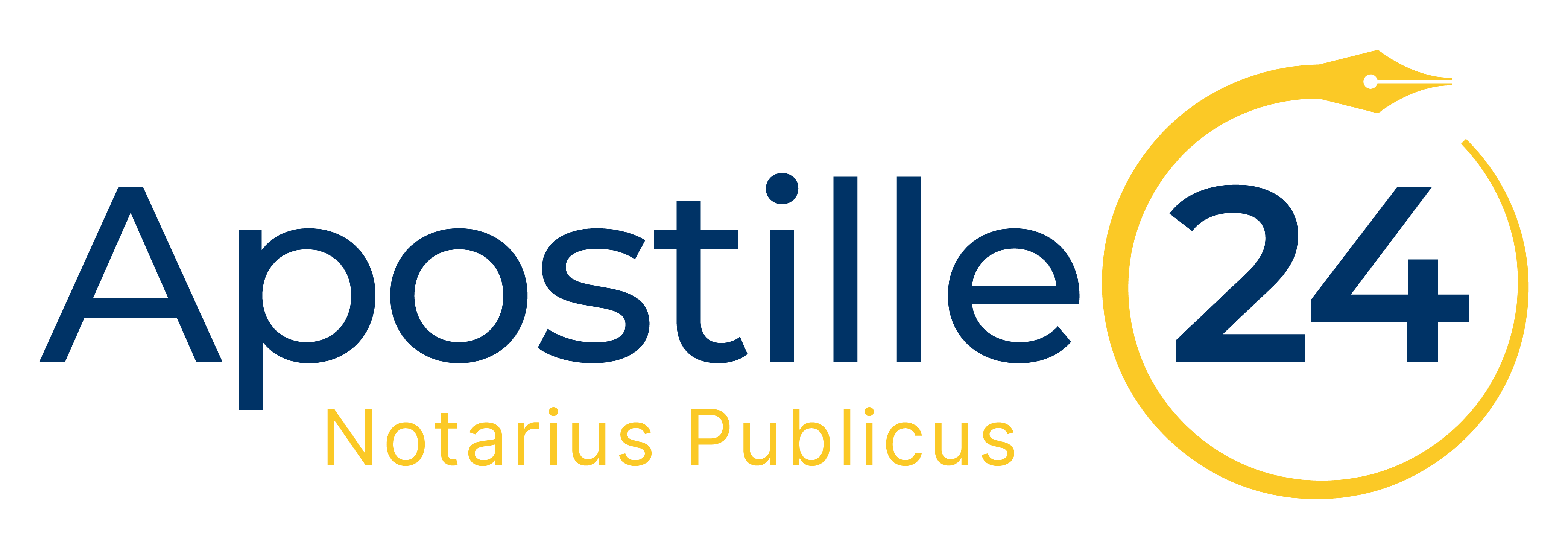A Power of Attorney (POA) is a legal document that offers one individual (the agent or attorney-in-fact) the authority to act on behalf of the other individual (the principal) in legal issues or transactions. This authority can cover a wide variety of moves or be limited to particular deeds, depending on the kind of POA issued. In the context of buying assets, a POA becomes a crucial method. At the same time, the principal is not able to be personally present or desires to delegate the complex method of buying actual property to someone extra professional or situated to address it.

Understanding the power of attorney system is essential for an easy property transaction for several reasons:
- Legal Compliance: It guarantees that all actions done in accordance with the POA are legitimate and enforceable under the law and that they comply with the particular rules and laws of the jurisdiction in which the property is situated.
- Precision and Safety: The principal can regulate the extent of the agent’s authority and reduce the possibility of misuse or misunderstanding by clearly outlining the powers bestowed upon the agent.
- Efficiency: A well-executed power of attorney (POA) can expedite the process of buying a property by enabling speedier decision-making, document signing, and completion of legal formalities without requiring the principal’s physical presence.
For all people considering or concerned with buying assets, mainly if distance, health, or time constraints are elements, information on how to use a POA effectively can facilitate transactions that would, in any other case, be behind schedule or complex. Given the substantial financial and criminal implications of purchasing property, entrusting someone with this level of authority calls for careful attention, clear communication, and, often, criminal steerage to ensure that the POA serves its intended cause efficaciously and securely.
Legal Requirements and Limitations
A Power of Attorney (POA) must comply with legal requirements and time limits in order to be enforceable in property transactions. Ensuring the legality of transactions, safeguarding the principal’s interests, and preventing the misuse of authorized powers are the goals of these requirements.
Legal Prerequisites
Mental Abilities: At the time of the POA’s creation, the principal must have been able to comprehend its nature and effects. They must therefore understand the meaning of giving authority to another individual and the scope of the powers that are being granted.
Voluntariness: Without undue influence or coercion from third parties, the principal must decide freely and voluntarily to grant a POA. The principal’s free will in making this decision is crucial for the POA’s validity.
Legal Formalities: Depending on the jurisdiction, a POA might also want to observe certain formalities so that you can be time-honored, especially in relation to asset transactions. Common examples of this consist of a written report that is properly signed and notarized, honestly states the powers granted, and correctly identifies the agent and pertinent records. Some jurisdictions can also require a government frame or court docket to document or register the POA, in particular, if it involves actual property.
Limitations and Specific Powers
Scope of Authority: A POA can be either general, granting broad authority to the agent, or specific, limiting authority to certain acts or transactions. For property transactions, a specific or limited POA is commonly used to delineate the exact powers the agent has, such as buying, selling, or managing real estate on behalf of the principal.
Duration: A POA can be limited to a specified duration or event, after which it automatically expires. Alternatively, it can be made durable, meaning it remains in effect even if the principal becomes incapacitated unless explicitly revoked.
Revocation: The principal retains the right to revoke the POA at any time, provided they have the mental capacity to do so. Revocation procedures typically require a written notice to the agent and any relevant institutions or parties made aware of the POA.
Language and Clarity: The language used in a POA must be clear and specific, particularly when delineating the scope of authority granted to the agent. Vague or ambiguous terms can lead to misunderstandings, legal disputes, and the potential for the POA to be challenged or deemed invalid.
Anyone thinking about using a POA for real estate transactions must be aware of these legal obligations and restrictions. It guarantees that the POA is correctly carried out, enforceable under law, and fulfills its intended function within the parameters of its authority. Considering the complexity of the process, it is highly recommended that the POA document be drafted and reviewed by a legal expert.

Benefits and Risks of Property Purchase with Power of Attorney
Using a Power of Attorney (POA) in property purchases offers significant benefits but also comes with certain risks. Understanding both is crucial for anyone considering a POA as part of their real estate transaction strategy.
Benefits
Convenience: A POA can simplify the property purchase procedure, especially for clients who can be physically present for a few steps. This is particularly beneficial for distant investors, individuals relocating from any other location, or people with mobility problems.
Ability to Act Remotely: With a POA, the designated agent can perform necessary actions on behalf of the principal, such as attending closings, signing documents, and conducting negotiations. This remote capability ensures that transactions can proceed smoothly without delays.
Flexibility: A POA can be tailored to the specific needs of the property transaction, granting the agent as much or as little authority as needed. This flexibility allows the principal to maintain control over the process while effectively delegating tasks.
Expertise: If the agent has more experience with real estate transactions, their expertise can be invaluable in navigating the complexities of the buying process, potentially leading to better outcomes for the principal.
Risks
Abuse of Power: One of the most significant risks associated with a POA is the potential for the agent to abuse their authority, acting in their interest rather than the principal’s. This could include making unauthorized transactions or misusing funds.
Legal Disputes: Misunderstandings or disagreements over the scope of the agent’s authority can lead to legal disputes with third parties or between the principal and the agent, potentially complicating or derailing the property purchase.
Financial Risk: If not correctly monitored, an agent could make financial decisions that negatively impact the principal’s assets or credit, such as failing to make payments or incurring debts.

Mitigating Risks
Choose a Trustworthy Agent: The most effective way to mitigate risks is to choose an agent who is trustworthy, reliable, and ideally has a proven track record of handling similar responsibilities.
Clear, Specific Language: The POA document should clearly outline the scope of authority granted to the agent, including specific actions they are allowed to perform and any limitations to their power. This clarity can help prevent misunderstandings and abuses of power.
Legal Oversight: Having a lawyer review or draft the POA can ensure that it complies with all legal requirements and includes safeguards to protect the principal’s interests.
Regular Communication: Maintain open lines of communication with the agent to stay informed about the transaction’s progress and any decisions being made on your behalf.
Revocation Process: Understand the process for revoking the POA should it become necessary to do so and ensure that this option remains viable throughout the transaction.
In summary, while the use of a POA in property purchases offers considerable advantages in terms of convenience and flexibility, it is vital to be aware of the potential risks. Careful selection of the agent, precise drafting of the POA document, and ongoing oversight are key to leveraging the benefits of a POA while safeguarding against its risks.
Purchasing a property through Power of Attorney can streamline the process and offer flexibility in managing real estate transactions. However, it’s paramount to approach this method with careful consideration and preparation.
